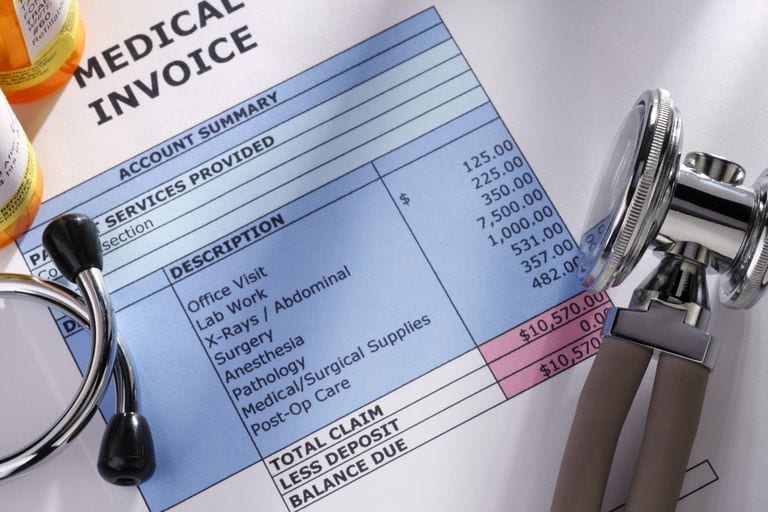Urgent cares and hospitals are busy this time of the year. Between the flu, colds, and rare cases of pneumonia, people across the country tend to catch more infections during the winter months than any other time of the year. Unfortunately, this means an increased number of patients experiencing a situation known as “surprise billing.” This is when “a patient goes to a hospital that is covered by her insurance but ends up receiving a bill for out-of-network services.” Not only is this unfair to patients, but it can have lasting impacts on their finances. Fortunately, legislators in Georgia are preparing new bills designed to put an end to surprise billing. That comes as a relief for many, especially for Dan Harrison, a recent victim of surprise billing.
Urgent cares and hospitals are busy this time of the year. Between the flu, colds, and rare cases of pneumonia, people across the country tend to catch more infections during the winter months than any other time of the year. Unfortunately, this means an increased number of patients are experiencing a situation known as “surprise billing.” This is when “a patient goes to a hospital that is covered by her insurance but ends up receiving a bill for out-of-network services.” Not only is this unfair to patients, but it can have lasting impacts on their finances. Fortunately, legislators in Georgia are preparing new bills designed to put an end to surprise billing. That comes as a relief for many, especially for Dan Harrison, a recent victim of surprise billing.
Harrison recently had to take his seven-year-old daughter to the emergency room because she came down with pneumonia and was having trouble breathing. Fortunately, he knew the visit would be covered under his family’s insurance, so four hours in the emergency room later, he paid his $250 copayment and took his daughter home so she could rest. Seems pretty standard, right? Well, three months later he received an unexpected bill from the ER for a whopping $1,400! How could that happen? He had insurance and paid his copayment. According to a McClatchy article, “it turns out that some of the services his daughter received came from contracted doctors who were not covered by his insurance policy.”
Understandably, Harrison claims the charges are unfair and absurd, saying, “we did everything that a reasonable person would do.” While the charges are indeed unfair, they’re due to ‘surprise billing’ and likely resulted because of a “disagreement between physicians and insurers regarding how much they should be paid for services provided.” According to Zack Cooper, a health economist at Yale University, “when the insurance company doesn’t pay as much as the doctor billed, the patient gets stuck with the balance.” That’s exactly what happened to Harrison.

So how often does surprise billing occur? Are there others like Harrison who get stuck with bills they weren’t planning on receiving? Yes, and unfortunately the situation happens often. In fact, a recent study published in The New England Journal of Medicine “found that one in five visits to the emergency room may result in surprise billing.” Another thing the study found was that the bill amounts can vary greatly, ranging between $600 and $20,000. When you consider the fact that 46% of Americans “are unable to cover an unexpected $400 expense without selling assets or borrowing money,” you understand how big of a deal surprise billing really is, and how damaging it can be to patients.
That’s why legislators in Georgia finally decided that something needs to be done, and are introducing bills like one sponsored by Sen. Renee Unterman (R-Buford), that will create “a pathway for patients to dispute surprise billing.” While the responsibility will still fall on patients to report “out-of-network charges,” once reported, “the insurance company and health care provider are responsible for resolving the discrepancy.” Unterman’s bill effectively “takes the patient out of the middle.”
Another bill, introduced by Rep. Richard Smith (R-Columbus), will put “the responsibility on the hospitals, physicians, and insurers to make sure that everyone working in a facility is in-network.” It will also require “hospitals to inform patients from the beginning of treatment about any possible out-of-network charges.”
Both bills are a step in the right direction. As for Harrison, while his daughter has recovered, he’s still working on paying off the medical bills from the ER visit. He’s frustrated, but hopefully, with bills like the two being introduced in Georgia, other families won’t have to experience the difficult situation of surprise billing.


Join the conversation!